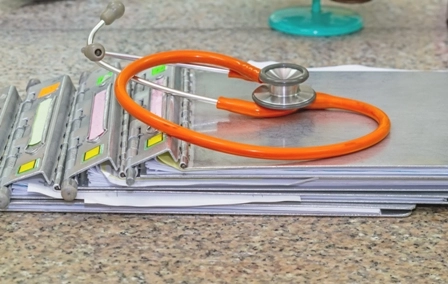Ophthalmology and Optometry Coding Alert
Medicare Isn't the Only Payer Scrutinizing Claims
Published on Fri Sep 23, 2016

You’ve reached your limit of free articles. Already a subscriber? Log in.
Not a subscriber? Subscribe today to continue reading this article. Plus, you’ll get:
- Simple explanations of current healthcare regulations and payer programs
- Real-world reporting scenarios solved by our expert coders
- Industry news, such as MAC and RAC activities, the OIG Work Plan, and CERT reports
- Instant access to every article ever published in Revenue Cycle Insider
- 6 annual AAPC-approved CEUs
- The latest updates for CPT®, ICD-10-CM, HCPCS Level II, NCCI edits, modifiers, compliance, technology, practice management, and more
Related Articles
Other Articles in this issue of
Ophthalmology and Optometry Coding Alert
- Ask The Expert:
Use These Expert Answers to Code Your Next Retinal Surgery Chart
Can you accurately code retinal detachments? Read more to find out. When you look through [...] - E/M Services:
Can You Code This E/M Note?
Ensure that you aren’t making a $31 mistake in your ophthalmology charts. Would the partners [...] - Medicare Isn't the Only Payer Scrutinizing Claims
Medicaid is also checking your coding prowess. The Medicare CERT report reveals the most common [...] - ICD-10:
Look to 6th Digit for Most Hypotony Diagnoses
Cause of condition may ease your code selection woes. When your ophthalmologist sees a patient [...] - You Be the Coder:
Admit Code Will Elude You
Question: Our ophthalmologist admitted a patient to the hospital and asked the coder to report the [...] - Reader Question:
Look to Modifier 25 When Global Spans 10 Days
Question: When treating a new or established patient and then deciding to do a PRP laser (67228) [...] - Reader Question:
Will 'X' Mark the Spot for Claims Approvals?
Question: We had a patient present who fell from a ladder and hurt his eye. We [...] - Reader Question:
Strabismus Codes Are Unilateral
Question: Our ophthalmologist resected the lateral rectus muscles of both the patient’s eyes during a strabismus [...]
View All




